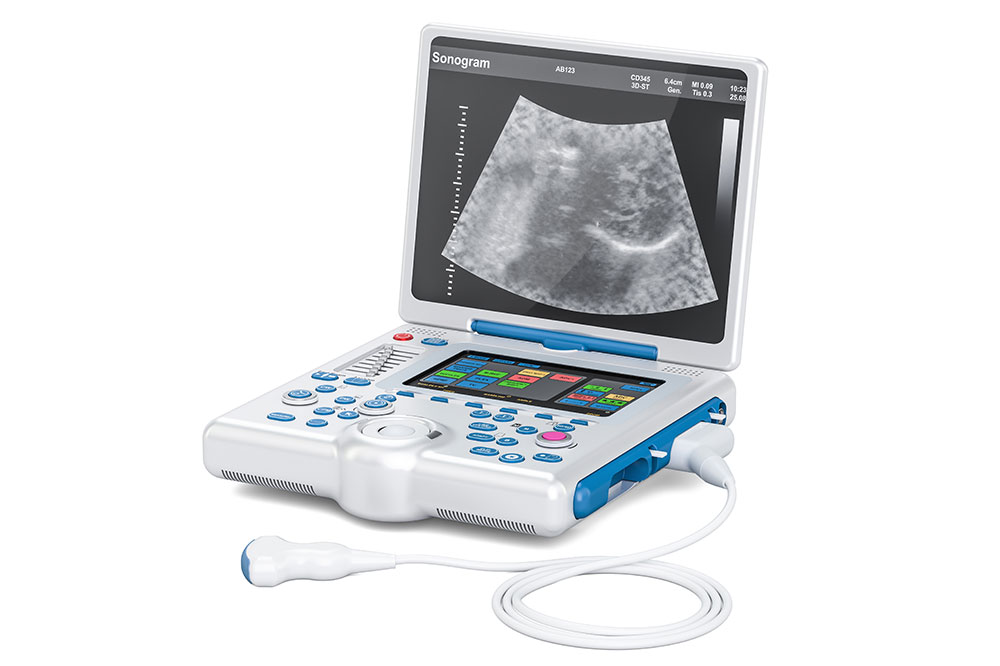
Health
Explore the disability benefits offered by the Federal government
The government has several federal programs to offer aid and assistance to people with various medical conditions. The Social Security Administration (SSA) is chiefly responsible for implementing and maintaining these policies. For disability, in particular, the benefits are paid under two separate programs, Social Security Disability Insurance and Supplemental Security Income. What is the definition of disability? The SSA classifies disability into three primary categories for applicants to be eligible for the benefit, severe, long term, and total disability. Severe disability interferes with one’s daily work-related activities Long-term disability implies that the condition has lasted at least a year or more Total disability implies that the applicant is completely unable to perform any activity that the administration deems a substantial gainful activity Social Security Disability Insurance and Supplemental Security Income The aid is available for people who have regularly paid their Social Security taxes over the tenure of their service record. Social Security Disability Insurance is a benefit made available for people who have suffered from a disability before the age of 22 but continued to work and paid taxes promptly. On the other hand, Supplemental Security Income is for adults and children who have limited income resources. Concept of work credits The SSA requires applicants to have work credits to qualify for Social Security Disability Insurance (SSDI) benefits.












